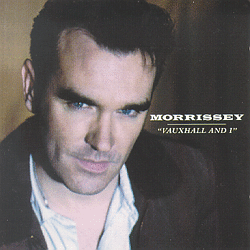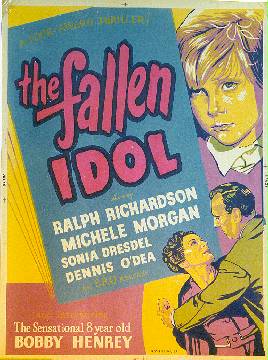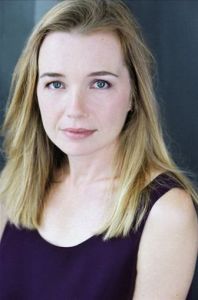
"The sanest days are mad..."
I was going to start writing in this blog about some of my favourite albums. One problem, though, is that as soon as you go into why you love a certain album, it's impossible not to sound like Patrick Bateman discussing Genesis/Huey Lewis/Whitney in American Psycho (certainly the grisliest passages in Ellis's novel). Will that stop me? Will it heck.
Yesterday the Sunday Times published a list of the gayest albums ever made. Alongside the usual suspects - Scissor Sisters, Abba, Pet Shop Boys, Frankie etc - the paper showed some originality by putting Morrissey's Vauxhall and I at number 3.
The songs on this 1994 album, easily his most complete and confident solo collection, form a loose narrative - not that it's a concept album, rather that the songs are linked by a prevailing mood. The sweeping opening track, "Now My Heart is Full," which incorporates characters from Brighton Rock ("Dallo, Spicer, Pinkie, Cubitt..."), brings together the themes of criminality, nostalgia, youth, love lost or pined for, and a crumbling England, with breathtaking eloquence. The remaining songs (with the exception of the dreadful "Lazy Sunbathers" - to quote Andy Gill in the Independent, "a song about complacency that is itself complacent") are like details from this expansive canvas, zoomed in on by an inquisitive eye.
And yes, it's a very Queer record. From "Spring-Heeled Jim": "He'll do, he'll never be done to." From "Billy Budd" (that title!): "I took my job application into town/ Did you hear they turned me down?/ Yes and it's all because of us... Say Billy Budd, I would happily lose both of my legs.../ If it meant you could be free." Not to mention that imploring line on "The More You Ignore Me, The Closer I Get": "Take the easy way out and give in/ And let me in."
Then there is the veneer of rough-trade South London toughness evoked by the album's title, not to mention the homoerotic back cover photo by Jake Walters, Morrissey's shaven-headed minder/ companion/ bootboy during those glory years. Musically it is quite delicate and classical, with intricate arrangements giving way only occasionally to experimental touches (the eerie "Lifeguard Sleeping, Girl Drowning" or the aggressive revving at the start of "Speedway", and the war drums that bring that song to a pounding halt).
The band were at full pelt on the next album, Southpaw Grammar, which is a big fat screw-you to all but the most patient listener. I prefer Vauxhall and I - the sound of all these unkempt emotions being constrained within a more-or-less pop format is more rewarding than when the gloves are off for Southpaw Grammar. Like the difference between the suspenseful sight of Jack Nicholson boiling and bubbling, or the empty gratification of his eventual tantrum or tirade.
I'll take repression every time.








